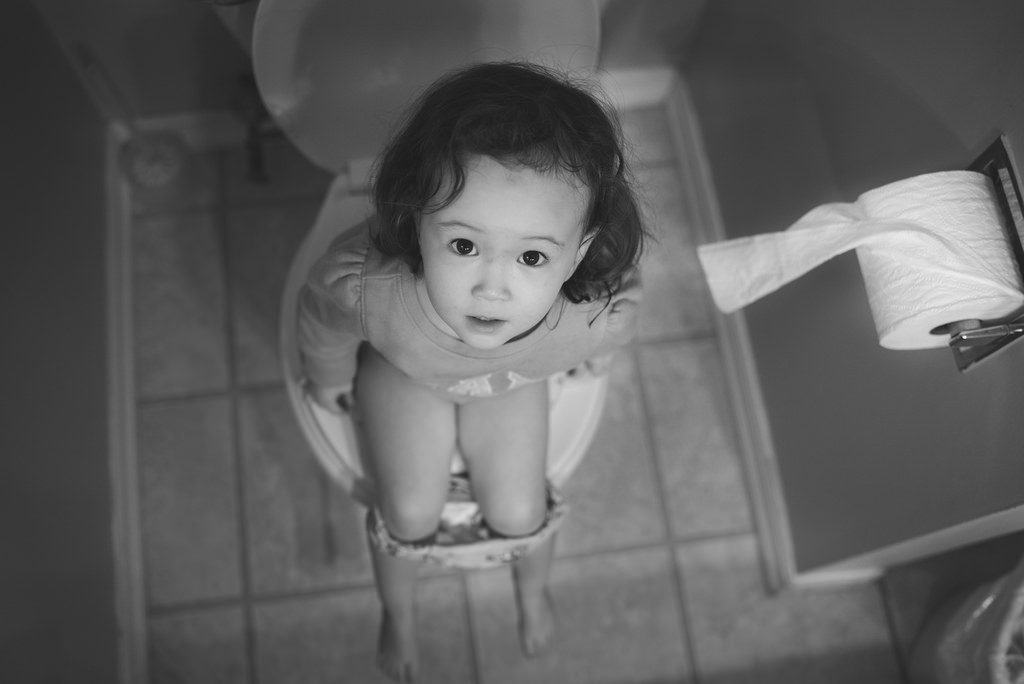Disclosure: This post may contain affiliate links, meaning we get a commission if you decide to make a purchase through our links, at no cost to you. Please read our disclosure for more info.
As the parent of a toddler, you know that the potty-training process will have its ups and downs. You’ve read all the books and have begun practicing the tried and true methods that have been handed down to you from friends and family. Hopefully your little one is catching on with expert speed. It would be a shame if toilet-related mishaps slowed your progress. In order to avoid plumbing issues, here are a few things to keep in mind as you work with your toddler.
In This Post:
Don’t Flush Baby Wipes
The first thing to remember is that you should never flush baby wipes. These products are not made to dissolve and will clog your plumbing. Instead, use the flushable wet wipes that are specially made for toilet training, but use them sparingly. Even this type of wipe can take some time to break down and may cause a problem in your pipes or septic system if they are used too frequently.
Teach Your Child How Much Toilet Paper to Use
Even though you will be assisting your child with using the toilet for quite long time, it is never too early to teach them how to use the right amount of toilet paper to avoid clogs in the future. Show them how to measure by squares so that it’s easy for them to remember how much they will need. You should also teach your child not to put anything other than toilet paper or flushable wipes into the toilet for any reason. Make sure they know the toilet is off-limits when they aren’t training.
When to Call a Plumber
If the clog is too severe to be moved with a plunger, there is a good chance your toddler may have flushed a toy or washcloth without your knowledge. Instances like this will require the help of a professional, so you should contact a reputable Puget Sound Plumbing service or local company in your area for help. While you wait for assistance, you should stop the flow of water by using the shut-off valve attached to the pipes behind your toilet. This will prevent overflow that could lead to water damage in your bathroom.
As with all areas of parenting, potty-training has its fair share of trials. By preventing the flushing of baby wipes and the use of too much toilet paper, you will minimize the amount of plumbing-related issues you will experience. When clogs do occur (and they will!), knowing how to effectively use a plunger and when to call in a plumber will save you a lot of grief.
Image Source: Flickr

